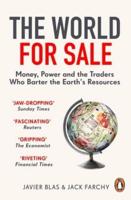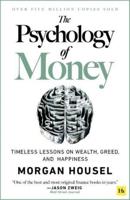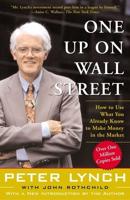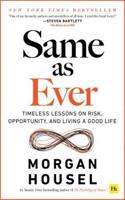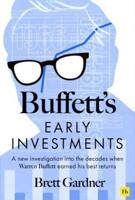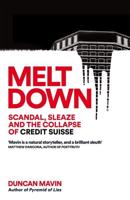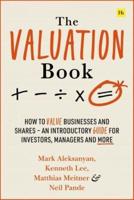Publisher's Synopsis
Blockchain is not about crypto. It's about rewriting the rules of trust.
For over a decade, blockchain has been dismissed as speculative hype-confused with pump-and-dump coins, NFT mania, or tech bro evangelism. But behind the noise, a quiet revolution has been unfolding. Blockchain Unchained reveals the deeper story: how decentralized technology is transforming the real world-restructuring trust, governance, identity, and value from the ground up.
Julio Alonzo Dacaret takes you beyond the jargon and headlines into the true power of blockchain as a foundational shift. From government IDs to supply chains, from refugee aid to cross-border finance, blockchain is not a trend-it's a tool to decentralize control and empower people.
This book isn't about trading tokens. It's about seeing what's already happening beneath the surface-and understanding how it's reshaping the systems we rely on.
In this book, you'll discover:
Why blockchain is trustless-and why that's a good thing
The difference between decentralization and disruption (and why both matter)
How smart contracts are automating agreements and removing middlemen
Real-world use cases in healthcare, voting, identity, and beyond
How blockchain redefines ownership, transparency, and verification
What makes consensus mechanisms like Proof of Work and Proof of Stake matter
The risks, limitations, and ethical dilemmas we must address now
Whether you're a curious reader, tech entrepreneur, policymaker, or corporate strategist, this book demystifies blockchain's impact without hype or fanfare. Instead of telling you to "buy crypto," it shows you how decentralized systems are quietly becoming part of your life-even if you've never touched a token.
Blockchain Unchained gives you the clarity to:
Separate the signal from the noise
Understand what decentralization really means
Identify opportunities in the infrastructure of the future
Think critically about the trade-offs and ethics involved
And participate in a more transparent, equitable digital world
This is not a prediction. It's a blueprint.
Because the future won't be centralized.


